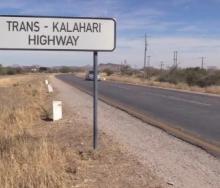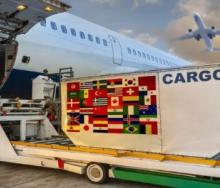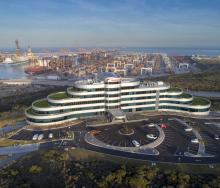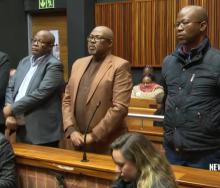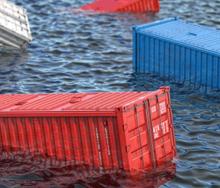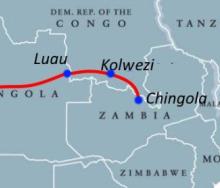The Department of Trade, Industry and Competition (dtic) says the country must leverage the potential of Special Economic Zones (SEZs) to create jobs and industrialise the country.
Addressing the Limpopo Investment Conference on Wednesday, Trade, dtic director-general of Spatial Industrial Development and Economic Transformation, Maoto Molefane, said SEZs had attracted more than R56 billion worth of private investment in 10 operational zones, with 222 companies having invested in the zones.
“We recently undertook an SEZ programme review to look at what works and what is not working. We introduced a new approach aimed at solidifying a number of instruments, including a strong involvement of national government in terms of assisting provinces to ensure that all the SEZs are accelerated, attract investment and that they are operational,” Molefane said.
As a result of the review, he said provinces, municipalities, communities and the private sector would be strongly involved in the planning, development and management of the zones.
“Our focus in the Musina region is to ensure that we develop a city. We use SEZs either to expand or create a new city through a tripartite partnership agreement with provinces and municipalities. The agreement is to ensure that we clarify roles and responsibilities of social partners as they have a critical role to play,” Molefane said.
To address the high unemployment rate, which currently sits at 34.4%, he said the ultimate goal for government was to see SEZs creating decent jobs, developing the regions, and transferring skills to small, micro and medium enterprises.
He reiterated that to attract investors, SEZs needed to develop the communities in which they operated.
“We also want to see regions competing with other regions. We would in future want to see the Musina and Tubatse SEZs competing with the cities of New York and London. We can only achieve this through the creation of state-of-the-art infrastructure in our provinces, and a specific tax incentive that will enable and create a conducive environment for these businesses to thrive.
"We are also looking at other incentives such as 15% corporate tax, accelerating the building allowance for those companies that invest in buildings and employment tax incentives, and also providing state-of-the-art security apparatus to ensure that our investments are well protected.”
Molefane stressed that all the developments would not be implemented at the expense of the environment, as all partners and spheres of government were obliged to ensure that all of SEZs were environmentally and industrially sustainable, while creating decent jobs and attracting investments.
SEZs are specified as geographically designated areas of a country set aside for specifically targeted economic activities, which are supported through special arrangements and specific systems.
They offer various incentives such as reduced corporate tax rates, VAT and customs relief, building allowances, and an employment tax incentive. – SAnews.gov.za


